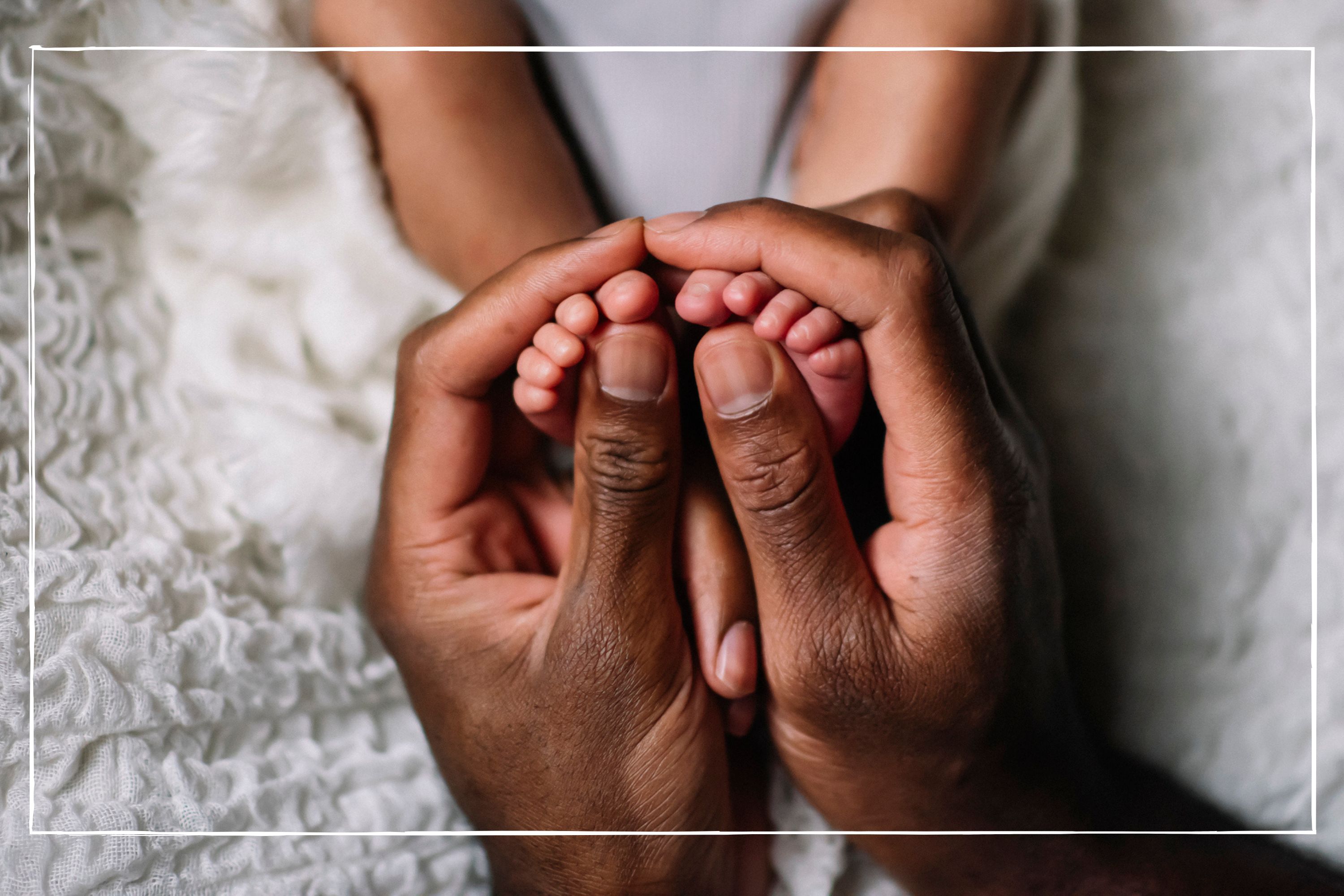
Understanding how much a baby costs is essential for parents-to-be who are budgeting for their new arrival. For your first child, it's likely to be even more expensive when you are buying things like a cot or choosing the best pram for your lifestyle and budget for the first time.
The cost of raising a child has become an even bigger issue for parents since the cost of living crisis took hold. So if you're planning on having a baby, it's important to have a really good look at your finances and come up with a budget to see you through at least the first year of having a baby. It's important to factor in how much maternity pay you will get, and any benefits you might also be eligible to claim while on maternity leave.
Laura Suter, head of personal finance at AJ Bell, said: “Before you go on maternity leave, work out how much you’ll get each month and then stack that against your outgoings. For people with a partner, they will need to have a frank discussion about how finances are going to work while they are off work. Single parents will need to think about whether they need to dip into savings or if there is other government support they can access.
“It’s a good idea to set up a spreadsheet and work out the rough cost of all your essentials, from clothes, to cots to nappies. That will give you a total figure for the first year that you can aim towards.”
How much does a baby cost?
Your baby could set you back more than £500 in the first month. When (or before) your baby is born, you’ll need to buy various one-off items such as a cot, pram, car seat, clothes, baby monitor, and changing bag. When you have your first child, you’ll need to buy a lot of new items, but if they are looked after well, they can be used again for any other children you may have.
Typical costs for that first month includes:
- £24 on nappies
- £243 on clothing
- £54 on feeding equipment
- £184 on things like toys and furniture
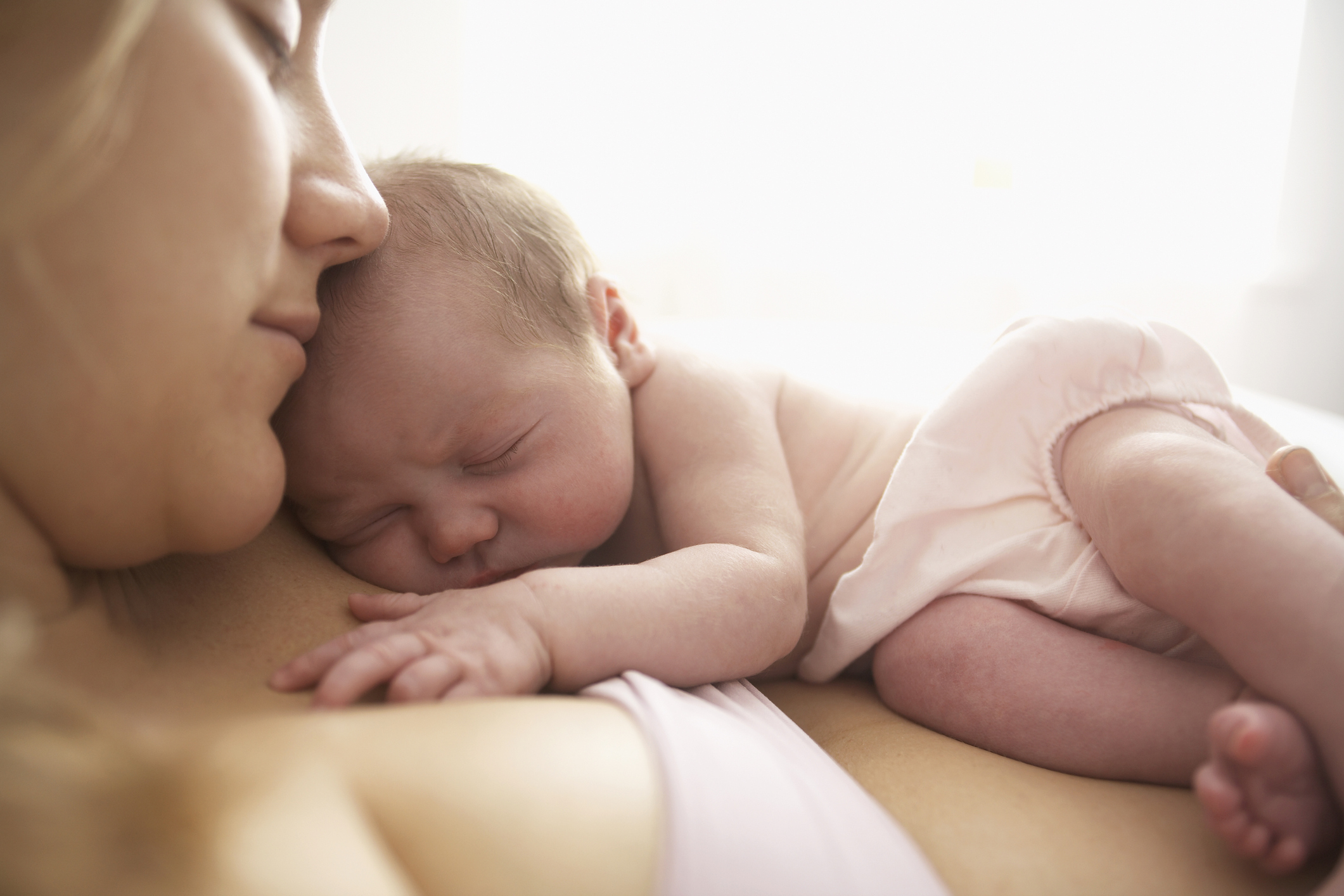
For all those new baby essentials, according to MoneyHelper, this is what you can expect to pay:
To help you spend wisely and buy the right products for your baby, it's important to do your research. Check out our guides on all the essentials from best cot beds and best baby monitors to the best breast pumps and top Moses baskets to help you make the right choice.
This might all sound a lot but be glad you’re living in the UK, not the US. Without an NHS equivalent, you also have to pay to give birth in the States. This costs an average of $18,865 according to the Peterson-Kaiser Family Foundation (KFF) Health System Tracker. Some of this will be covered by health insurance – if you can afford it.
How much should you budget to have a baby?
A total cost of more than £200,000 to bring up a child is a scary figure – but the costs become much more manageable when you break it down into monthly costs. The first month of having a baby will be expensive as you’ll need to buy lots of new items. How much money you will need will depend on several factors including:
- If you can source some items free from friends or family
- The type of nappies you use – disposable or reusable
- Whether you’ll be exclusively breast feeding or buying baby formula
How much maternity pay you’ll get will also affect your budget.
“If you’ve worked for your employer for 26 weeks or more when you reach 15 weeks before your due date, and earn at least £123 a week before tax, you should get Statutory Maternity Pay (SMP),” said Andrew Johnson, senior advice manager at the Money and Pensions Service. “It will give you 90% of your average weekly earnings for six weeks. For the next 33, you’ll get the lower of that amount or £176.48. You can take up to 52 weeks off, but the last 13 are unpaid.”
If you’re not entitled to SMP, check if you can claim Maternity Allowance from the government instead. If you’re a single parent, check to see how much child maintenance you can claim from the baby’s other parent.
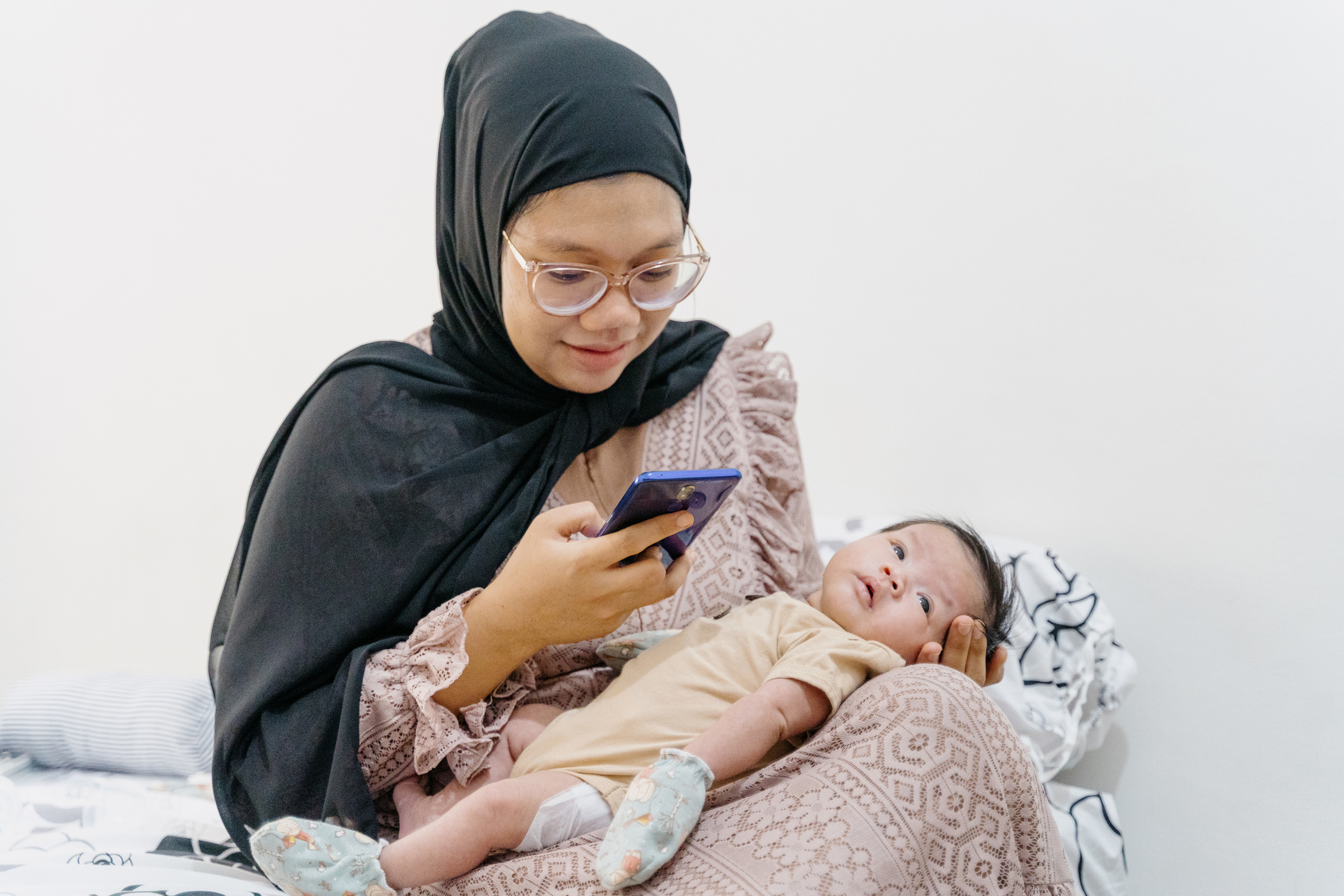
How to reduce the cost of having a baby
1. Buy secondhand (where suitable)
You don’t always need to buy brand new products for your baby – in many cases, second-hand will do. “One of the best options is to borrow some of the big, expensive items off friends or family, from cots to pushchairs, you could save a lot of money and friends will be keen to clear out their lofts. Alternatively, you can buy a whole manner of baby stuff second-hand,” said personal finance expert Laura Suter. “Lots of baby items aren’t used for very long, so you can get nearly-new items for a big discount on the price tag in the shops. Things like Facebook Marketplace, Vinted and eBay are all good for finding bargains.”
But do think carefully before buying items like car seats and prams second-hand. These items tend to come with guarantees when purchased from new, which you don't get if you buy second-hand. You'll also want to make sure the items have been looked after well and are in good working order before you buy second-hand. This can be difficult if buying from a stranger, but much easier if you buy from close friends and family.
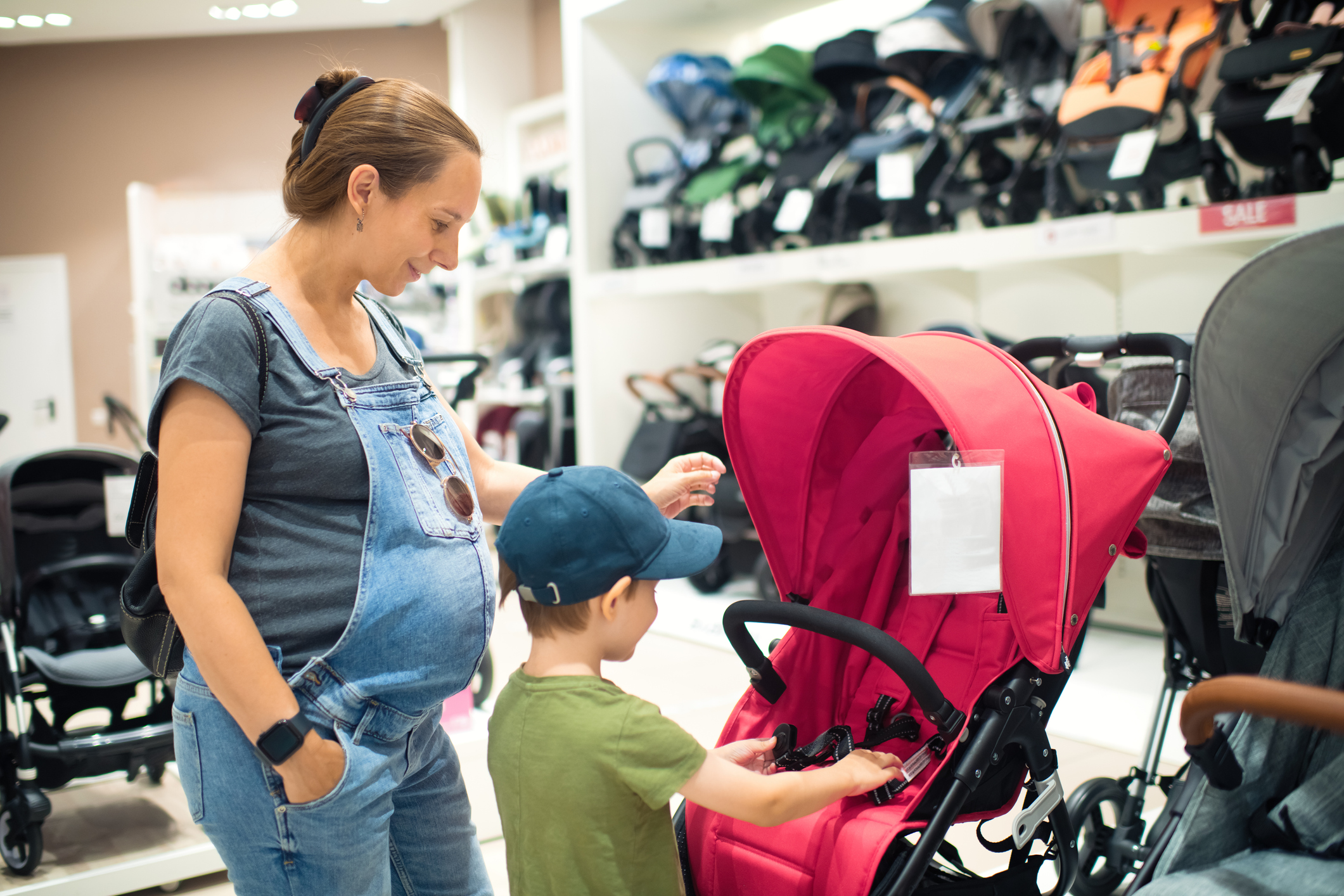
2. Join Boots Parenting Club
If you have a Boots Advantage Card, you can join Boots Parenting Club for free (if you don’t have an Advantage Card you can get one for free). The club offers 8 points per £1 on baby products instead of the usual 4 points. You’ll also get Parenting Club offers via the Boots app and free gifts at key stages of your baby's development.
New members also get a free gift – at the time of writing this, it’s a 250ml Aveeno Baby Baby Daily Care 2-in-1 Shampoo & Conditioner.
3. Check if you qualify for the Healthy Start Scheme
If you’re on a low income you might be eligible for the Healthy Start Scheme which offers vouchers which can be spent on fruit and vegetables, vitamins and milk.
It's available from when you are 10 weeks pregnant, up until your child’s fourth birthday.
4. Get a free gift from Amazon
If you create a Baby Wishlist on Amazon and spend at least £20 in baby products, you'll receive a free welcome gift.
You can choose your gift from a list which includes a NUK Baby Pacifier and Baby Bottle (£7.59), a Tommee Tippee Twist & Click Nappy Bin (£13.99) and MAM Newborn Baby Box (£16.99).
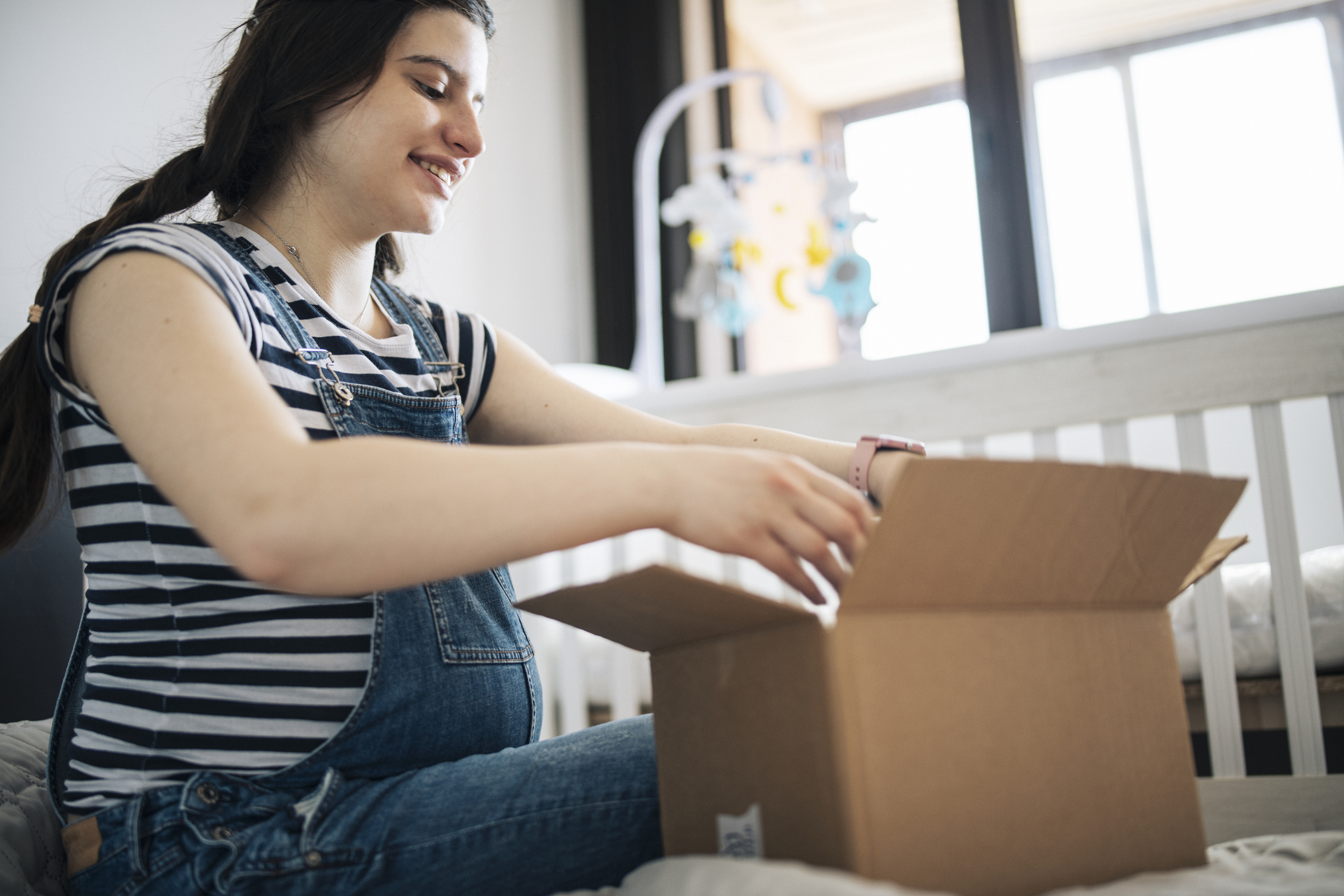
5. Switch to reusable nappies
Reusable nappies have a higher upfront cost than disposable nappies. However, they work out cheaper in the long term, particularly if you use them for more than one child.
Back in 2021, the government’s Money Advice Service (now called MoneyHelper) worked out parents could save about £1,475 over the first two-and-half-years of their baby’s life by switching to reusable nappies.
6. Visit a baby bank
Baby banks work a bit like food banks – you can get free items for your baby or child. You need a referral from a professional to use one. LittleVillage has an interactive map to help you find your nearest baby bank.
7. Check benefits
It’s a good idea to check what benefits you might be eligible for to help make ends meet. Use the Entitledto Benefits Calculator to see what help you could qualify for.
Don't forget too that you can get free prescriptions and dental care throughout your pregnancy and beyond. “Prescriptions and dental care are free while you’re pregnant and for the first 12 months after the due date.” said Andrew Johnson from the Money and Pensions Service.







